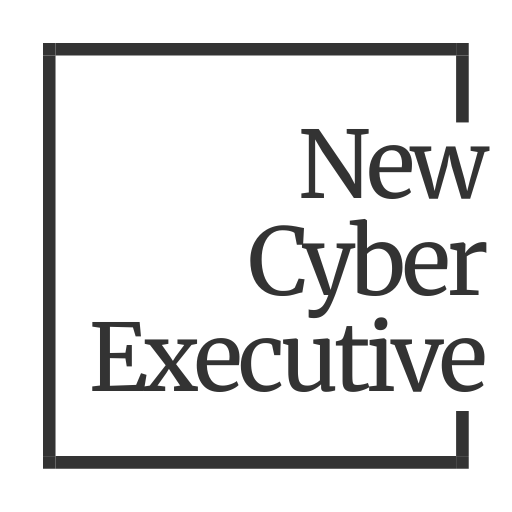Executive Coaching for CISOs

Training vs. Coaching: What CISOs Need to Know
Training vs. Coaching: What CISOs Need to Know
The journey of a Chief Information Security Officer (CISO) is a complex navigation through the landscapes of risk, leadership, and business integration. As CISOs seek ways to evolve, training programs and executive coaching often emerge as the primary tools for growth. While each has its value, their differences help CISOs understand each in order to select the right for their goals.
The Foundational Role of CISO-Specific Training
Training is a cornerstone for those looking to fill gaps in their knowledge. Programs tailored to CISOs—often hosted by esteemed academic institutions—deliver:
Proven Frameworks: A structured approach to navigating the knowns of cybersecurity and risk management.
Community Building: Shared learning with peers that fosters long-term professional networks.
Common Ground: Standardized language and methodologies that enable smoother sharing and collaboration between organizations.
For new or early-career CISOs, these programs often provide the foundational elements necessary to lead. They offer the shared understanding and tools that become a part of operational decision-making.
The Missing Pieces in Training
Yet, the inherent limitation of training is its generalization. Training, by its nature, offers a collective approach, often leaving the individual contexts and nuances of a CISO’s organization or personal leadership style unaddressed. For instance:
Organizational Specificity: Training programs can rarely cater to the unique cultural and operational DNA of a given company.
Leadership Evolution: They are not designed to delve into personal leadership growth or to align leadership styles with organizational needs.
Why Coaching Complements What You Know Or Are Learning
Executive coaching isn’t about adding more cybersecurity tools and operational improvements to your toolkit; it’s about helping you understand how and when to wield them, tailored to your specific environment.
Coaching focuses on:
Personal Alignment: It helps CISOs refine their leadership style to reflect their values and the organizational goals they aim to advance.
Strategic Depth: By understanding the organizational ecosystem, coaching positions the cyber leader to shape cybersecurity priorities to support overarching business objectives.
Empowered Transformation: Coaching helps CISOs lead with a confidence that stems from clarity—clarity about their own goals, their organizational mission, and how the two can harmonize.
Choosing Between Training and Coaching—or Both
CISOs at different stages of their careers may benefit differently from these approaches:
If you’re building foundational knowledge and networks, a structured training program can provide the solid footing needed to move forward with assurance.
If you’re seeking to navigate complex dynamics or enhance your strategic influence, coaching generates the unique personal insights required to elevate your leadership.
These tools are not mutually exclusive but complementary. Training equips you with knowledge; coaching ensures you brings it to life in ways that matter to your organization.
The Path Forward
The art of leadership lies in knowing when to gather tools and when to refine their use. For CISOs, this means understanding how to leverage both training and coaching as mechanisms not just for knowledge acquisition, but for lasting impact.
Explore how our professional coaching can help you transform your leadership potential as a CISO and business leader.

